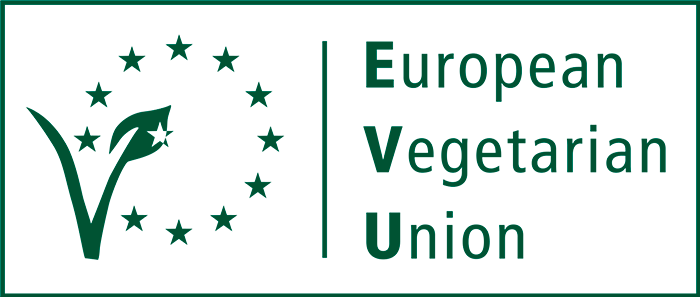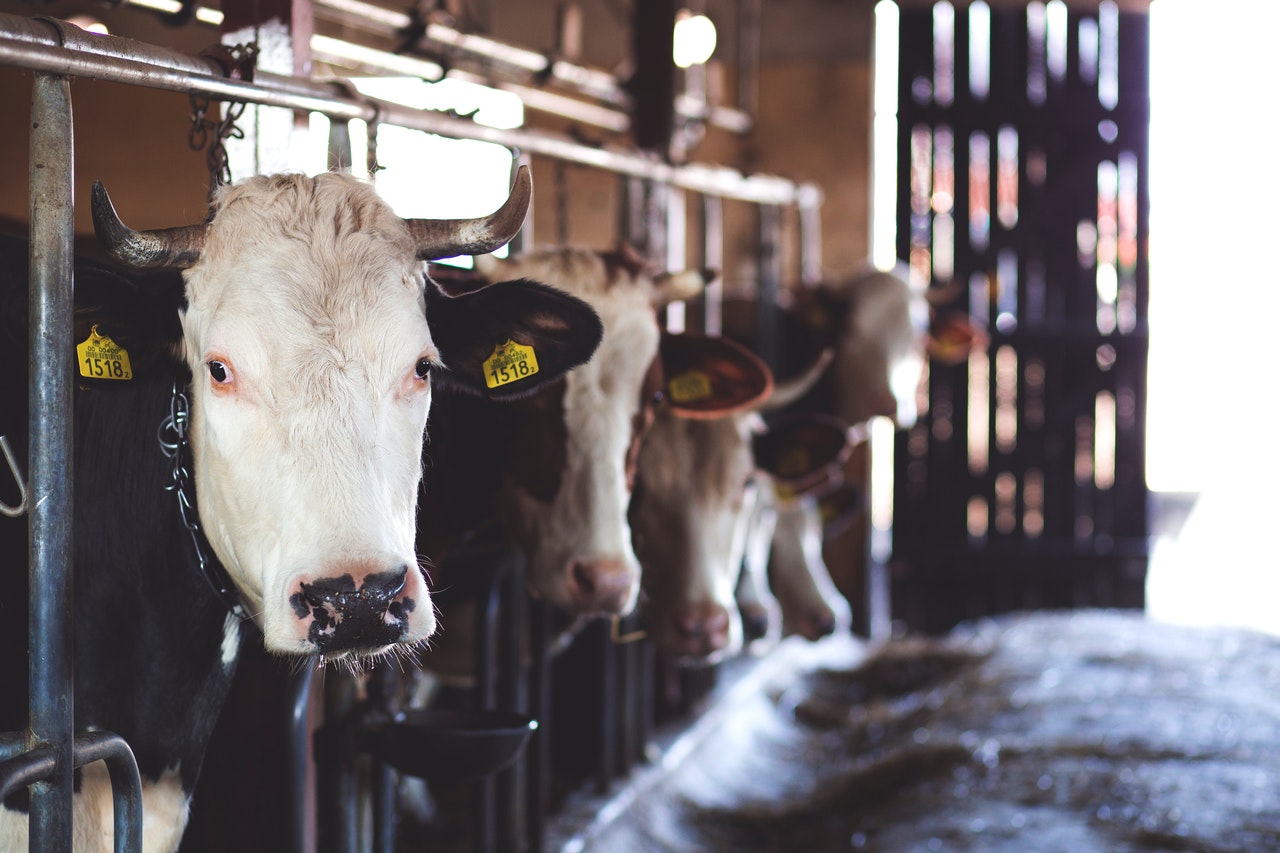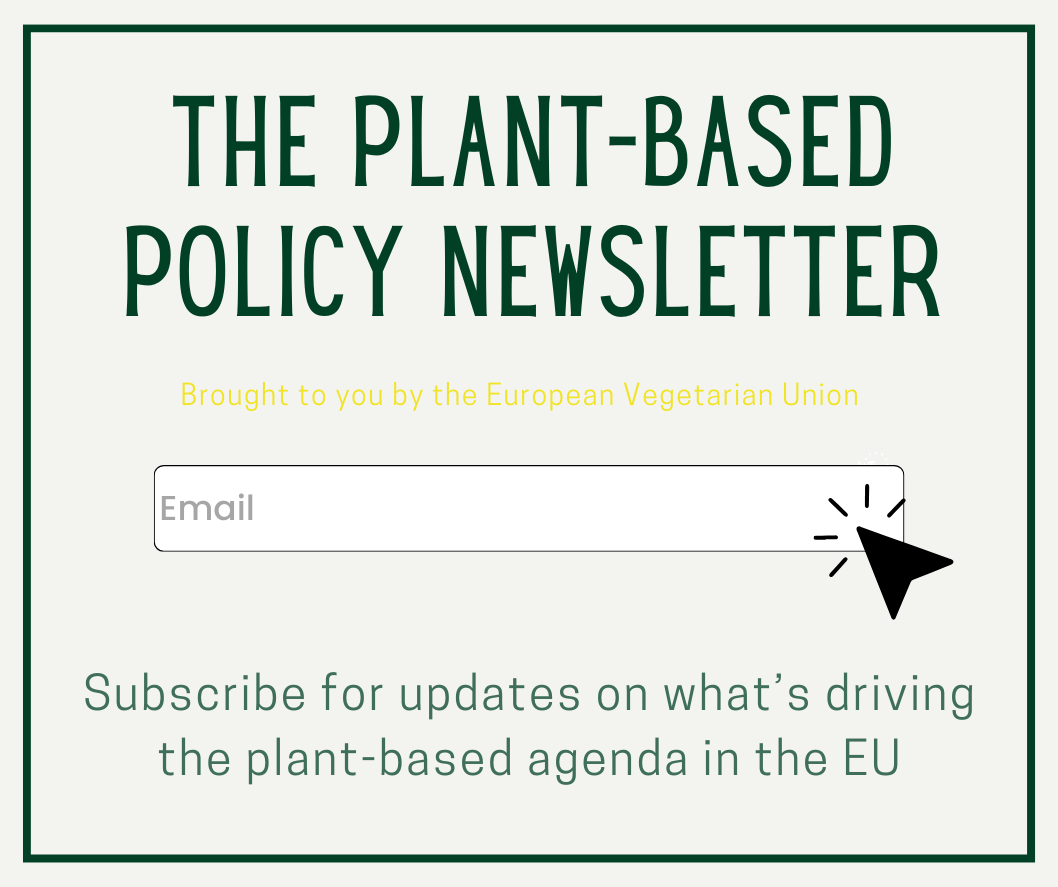In December 2019, a novel Coronavirus was detected in Wuhan, China, which jumped the species barrier from an animal host to humans, causing the infectious disease covid-19. A few months later, the virus has spread throughout the world, with over 3 million cases in 213 countries and over 208 thousand confirmed deaths, according to the WHO. Drastic measures are being taken by governments to prevent further spreading, leading to travel and contact restrictions, the closure of schools and shops and event cancellations. We are currently experiencing a global crisis that affects the lives of billions of people.
75% of emerging viral diseases originate in animals. This makes the coronavirus only the latest in line of so-called zoonotic diseases such as swine flu, avian flu, Ebola and HIV, causing more and more experts to urge mankind to rethink our relationship to animals, both wild and domesticated. Especially intensive livestock farming is said to have a twofold link to the spread of pandemics. On the one hand, the animal industry massively contributes to climate change and exploits natural resources, leading to the destruction of ecosystems, and a decline in biodiversity and habitat loss. This in turn increases the risk of a virus spillover to both humans and farm animals, as ecosystems become less resilient and our distance to wildlife decreases. In fact, 31% of emerging infectious diseases can be traced back to land-use change due to agricultural intensification. On the other hand, industrial animal farms themselves can provide a breeding ground for diseases, given the often cramped and unhygienic conditions genetically similar animals are kept in.
The current pandemic and its massive impact show that in order to prevent similar scenarios in the future, it is pertinent to reform our food system: Although NGO’s and EU politicians such as Agriculture Commissioner Janusz Wojciechowski and Environment Commissioner Virginijus Sinkevicius show commitment to making the farming sector more sustainable, political roadmaps such as the “Farm to Fork Strategy”, which is the agriculture-related part of the Commission’s “Green Deal”, are being postponed. The “Green Deal” itself is said to be “overshadowed” by the coronavirus, with many of its initiatives delayed. The Czech prime minister even demanded to neglect the “Green Deal” altogether. The European People’s Party (EPP) and the farmer’s lobby call for further postponement of the “Farm to Fork Strategy”, arguing that it would be an additional burden for farmers, who are concerned with food supply issues amidst the crisis. While food supply is certainly one of the most important goals of the agricultural sector, the current crisis must not be used as an excuse to maintain an unsustainable status quo.
The agriculture sector faces a multitude of problems in these times of crisis and animal agriculture is particularly affected: While the consumption of milk and meat has already partly declined before the pandemic, the crisis is now exacerbating sales drops. Many farmers have lost their market outlet due to foodservice closures, which led to a significant decrease in EU meat and milk consumption. British farmers warn that they might have to resort to culling their cows. This is already a reality in the US, where chickens and pigs were affected, due to labour shortages in slaughterhouses and processing plants. However, to prevent meat shortages, US president Trump has signed an order, forcing meat production plants to stay open, as they are now classified as critical infrastructure.
The sales drop in Europe has prompted the farmer’s lobby and meat lobby to call for market support measures from the EU Commission. So far, the EU announced exceptional measures including market support programmes and private storage aid for milk and meat products, which is supposed to reduce oversupply. While the farmer’s lobby welcomes this step and calls for further action, stakeholders such as the European Milk Board (EMB) as well as 14 members of the European Parliament promote reducing the overall production of milk instead.
While it is clear that farmers face a difficult situation and the animal agriculture sector is massively impacted by the crisis, support measures should go hand in hand with sustainable reforms which strive to prevent future health crises and climate change, the latter of which, according to the European Court of Auditors, will be most important to maintain food security in the future. The meat and milk sector should not be simply bailed out without having a vision and roadmap for its future direction. Otherwise it continues to harm animals, humans, and the planet. We are not only on the cusp of another major health crisis mainly caused by intensive animal agriculture – antimicrobial resistance, which is already costing hundreds of thousands of lives annually – but climate change also remains an imminent threat, not only to agriculture.
The current crisis has put another spotlight on the unsustainable and unsafe production and consumption levels of animal-based foods. Now is the time to rethink the way we produce, trade and consume food. A paradigm shift in food and agriculture is needed, aimed at reducing livestock production and the consumption of animal-based products while, at the same time, boosting the production of plant-based products for human consumption. Ultimately, this could contribute to shaping a more resilient food system and preventing future crises. Therefore, it is crucial that the EU quickly moves forward with its sustainability initiatives such as the “Farm to Fork Strategy”.


